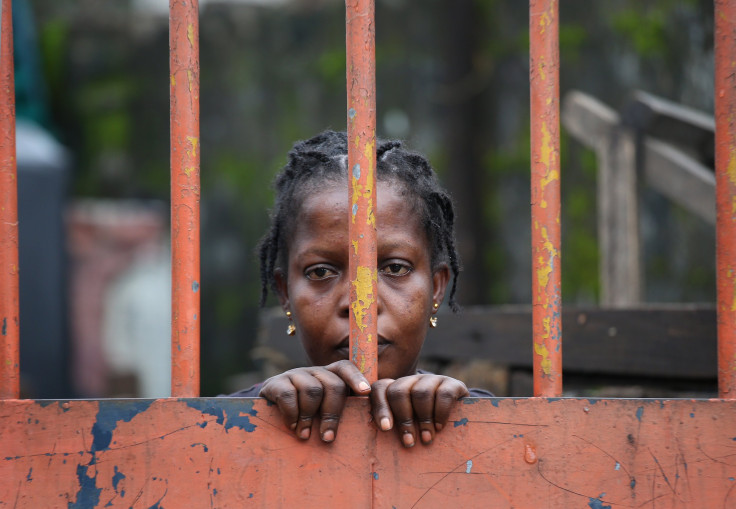Ebola Could Infect 20,000, Says World Health Organization

The World Health Organization said Thursday it is preparing enough resources to deal with as many as 20,000 cases of Ebola over the course of the outbreak in West Africa. WHO’s Ebola Response Roadmap, estimated to cost $490 million, assumes that in some areas the outbreak could be two to four times worse than currently reported.
WHO hopes to have Ebola infection rates on the decline by November and stop all further spreading by spring 2015. WHO will allocate 1,515 additional treatment center beds for patients, two-thirds of which will go to Liberia, which has been hit the hardest in recent weeks. Just over 54 percent of all 1,552 deaths since the outbreak was declared in March have occurred in the last month.
Cases are still largely concentrated around the epicenters of the outbreak, mostly rural areas across Guinea, Liberia and Sierra Leone. Unpaved roads and remote village locations have made it extremely difficult for health care workers to reach affected areas. The virus’ spread to those countries’ capital cities has worried officials and prompted quarantines, but WHO does not recommend any travel restrictions to or from those countries and Nigeria. Some airlines, including Air France and British Airways, have stopped flying to Liberia and Sierra Lone.
WHO is also planning for outbreaks in new countries, aiming to “stop all transmission within eight weeks of index case [first case],” after a major scare when Patrick Sawyer, a Liberian-American man, spread the disease to over a dozen people in Nigeria while traveling there on business in July. It's now more than five weeks after he arrived in Nigeria, and a rapid response has kept the disease largely contained to Sawyer’s direct contacts.
The Response Roadmap was created in conjunction with the health officials of affected countries, the African Union, Doctors Without Borders, financial backers and other U.N. agencies. WHO will update the Roadmap as the situation evolves. WHO's press conference on the Ebola Response Roadmap can be listened to in full here.
© Copyright IBTimes 2025. All rights reserved.






















